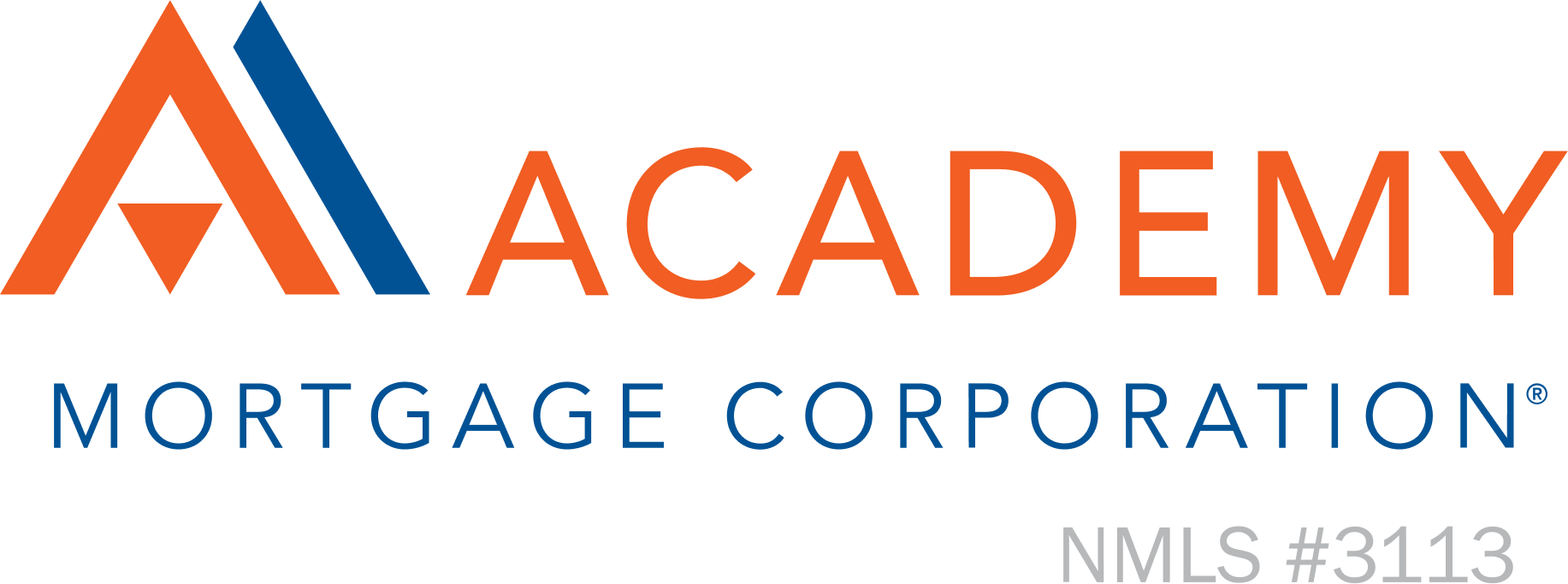The top 12 ways to boost your financial wellness


From side-hustling to hedging inflation: Try one or more of these ideas to promote financial wellness.
Financial wellness—also described as your relationship with money—is unique to every person. But one thing’s for sure: Gaining financial stability is sure to improve it. We’ve put together a dozen ways to reduce financial stress and help make this possible.
Need a boost? 12 ideas to enhance financial wellness
Support your financial wellness by doing this:
1. Beef up or create an emergency fund.
Your emergency fund is intended to save you from going under. Yet most households in the U.S. don’t feel good about how much they have saved. It’s generally recommended to set aside three to six months’ worth of living expenses for unexpected medical bills, repairs, and unemployment.
2. Get comfy using a budget.
Make it easy on yourself and use one of many handy budgeting apps versus a more cumbersome spreadsheet. Mint is free and allows you to create unlimited budget categories, whereas an app like Stash may cost as little as $3 a month and can ease you into beginner investing.
3. Explore multiple streams of income.
Maybe it’s starting a side hustle that can eventually turn into a full-time business. Or maybe it’s picking up odd jobs or freelancing on the weekend until you’re in a better financial position. Either way, having multiple income streams is deemed essential by many financial gurus when it comes to building prosperity.
4. Invest time to get money back.
Sometimes, financial wellness comes down to negotiation. For example: Because it can take time to dispute your property taxes, very few homeowners do it. But putting in the work to appeal this annual bill could help you save; the average property tax for a single-family home is estimated at $3,901.
5. Keep learning.
Budgeting, finance, and investing podcasts are where it’s at if you want to learn how to achieve financial wellness—and get inspired by others who are doing it. Afford Anything is a great pick for personal finance, The Ramsey Show is always a crowd favorite, and BiggerPockets is popular among aspiring real estate investors.
6. Look for ways to hedge inflation.
Right now, everyone’s thinking about inflation. Thankfully, there are a few reliable ways to hedge against it, and owning a home is one. If you’re already a homeowner, consider using other hedges to help buffer the effects of inflation—like investing in gold, stocks, TIPS (Treasury inflation-protected securities), and even a rental property. As always, meet with your financial advisor before making any new investments.
Want more financial tools in your toolkit?
An Academy Loan Officer is here to help.
7. Make sure you have enough insurance.
Like an emergency fund, having the appropriate amount of insurance coverage—health, homeowners, auto, life, etc.—can help to protect you financially if the unforeseen happens. Compare providers until you find a rate you’re comfortable with. Then read all terms carefully. Knowing exactly what you’re covered for can help you avoid paying too much out of pocket.
8. Pay down high-interest debt.
With the Fed increasing the short-term cost of borrowing, now’s an ideal time to pay off debt, starting with debt at a high interest. The average homeowner has accumulated a record amount of equity. Ask your Academy Loan Officer about how you could leverage your equity to pay down debt.
9. Put money toward retirement.
Though it may seem hard to save for the future when times are tight, this is a big one. If your employer offers a 401(k), it’s important to invest in it (and make use of matching contributions). If your job doesn’t offer those benefits: First ensure that your emergency savings are in good shape and then look into opening a ROTH IRA.
10. Save fun money.
If you want your journey to financial wellness to be a marathon and not a sprint, you need to enjoy yourself along the way. On top of budgeting for monthly bills, debt payoff, and big-picture goals, make sure to set aside money for fun. Create an entertainment or vacation budget and give yourself something to look forward to.
11. Think about alternatives.
Depending on your level of financial wellness, it might be time to get creative. Can you sell your car and start using public transport? Do you have a spare room you can rent, either short- or long-term? Might it be time to consolidate bills and consider multigenerational housing with family members?
12. Trim the extras.
What can you do without? Your budgeting app can provide a clearer picture of where funds are going to waste. It can be helpful to cancel subscriptions, memberships, and streaming services you’re no longer using. Downgrade your car, eat in instead of out, and buy generic when you have the chance.
Bonus tip: Stay friendly with your financial professionals
Wondering when you can afford to buy your first house? Need credit-strengthening strategies to help you qualify for a better rate? Looking for opportunities to save on your existing mortgage? Keep in touch with your local Academy Loan Officer so you can make your smartest choice.
Please consult a trusted professional as personal circumstances may vary. No specific results are guaranteed. Not all applicants will qualify. MAC824-1487958.


